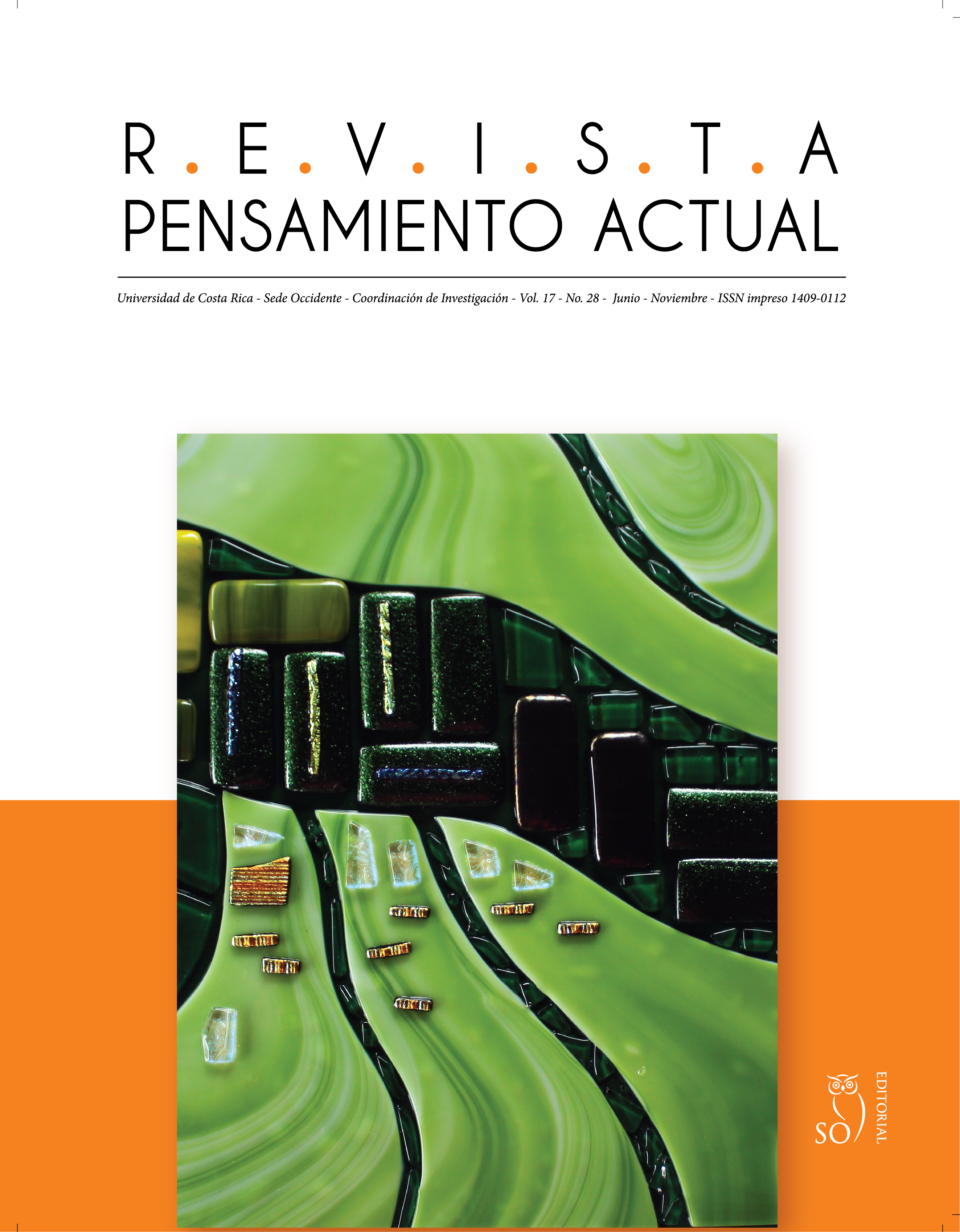Abstract
The concept of generic drug is often misunderstood since it is usually confused with drugs that are unverified copies or hoaxes. For most regulatory agencies in the world, a generic drug is a drug that has shown interchangeability with a reference drug or innovative, as long as they have complied with their bioequivalence studies. At this point, the biopharmaceutical classification system (BCS) has been created as a tool that ables to create some bioexceptions or base in vitro bioequivalence tests rather than expensive in vivo tests using dissolution profiles. It should also be clear that a drug belonging to the generic type can only be marketed if their original patents have expired, these patents are the guarantee that the innovative laboratories can recover their investment in clinical studies, in a period that can be up to 20 years; ensuring the safety, efficacy and quality of the drug on the market, and that is the reason why their prices are much higher. On the other hand, the bill to be paid by public health systems in emerging countries is high, therefore generic drugs are a viable alternative for having prices much lower than the original drug, as long as the tests for interchangeability and quality have been conducted with a strict registration policy and well-structured pharmacovigilance. Given that a change in the appearance of a generic drug often can cause patients to have doubts regarding quality, safety and efficacy, resulting in poor adhesion to their treatment.

